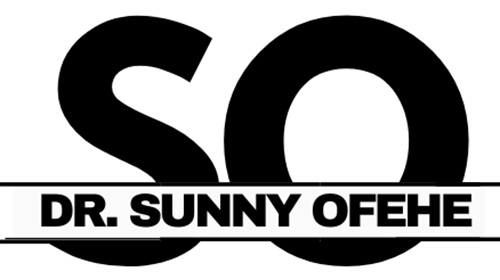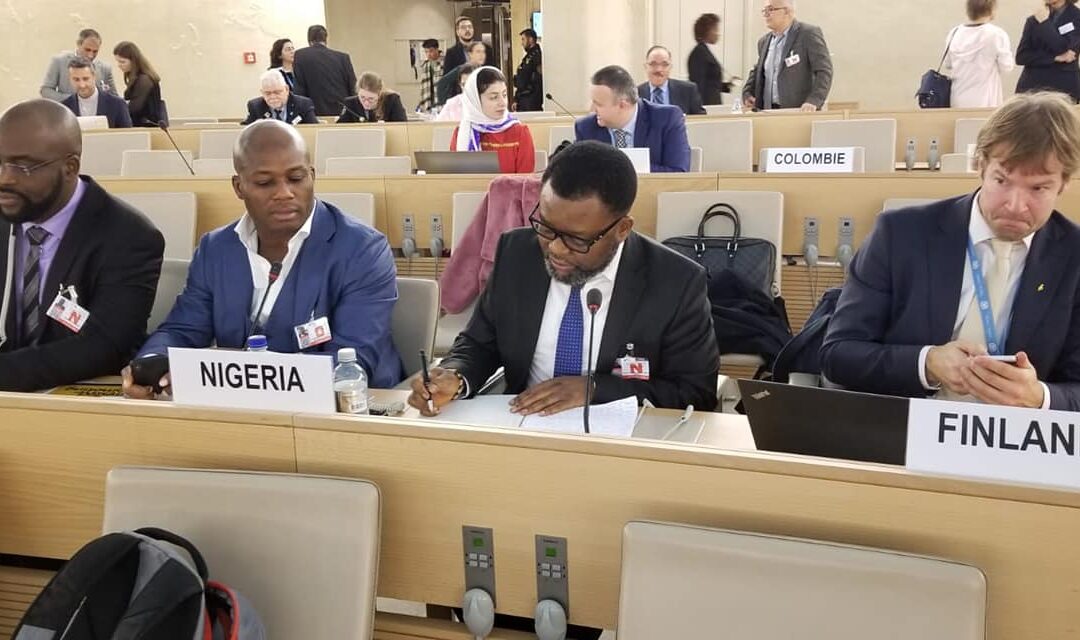Championing the Rights and Voices of Minority Communities
Introduction
Sunny Ofehe, a renowned environmental activist, advocate for minority rights, and founder of the Dutch-based NGO, Hope for Niger Delta Campaign, made headlines with his address to the United Nations Forum on Minority Issues. His presentation, delivered with both passion and precision, marked a significant moment in the ongoing international dialogue around the rights, recognition, and empowerment of minorities across the globe. This document explores the context, content, and impact of Ofehe’s address, situating it within the broader landscape of global minority advocacy.
Background: The UN Forum on Minority Issues
The United Nations Forum on Minority Issues is an annual event established to provide a platform for robust discussion and recommendations regarding the implementation of the UN Declaration on the Rights of Persons Belonging to National or Ethnic, Religious and Linguistic Minorities. Bringing together government representatives, civil society organizations, academics, and minority leaders, the Forum enables collaborative problem-solving and amplifies marginalized voices in the international arena.
Over the years, the Forum has addressed critical topics such as education, political participation, economic empowerment, social inclusion, and protection from discrimination and violence. It serves as a critical engine for progress, informing not only UN policy but also national legislation and grassroots initiatives worldwide.
Sunny Ofehe: A Profile in Advocacy
Sunny Ofehe is not only a prominent figure in the advocacy for environmental justice, particularly within Nigeria’s Niger Delta region, but also a passionate defender of the rights of minority groups. His work with the Hope for Niger Delta Campaign has spotlighted the intersection between environmental degradation, social inequality, and minority marginalization. Ofehe’s reputation as a bridge-builder and advocate has seen him participate in numerous international forums, including those organized by the African Union and the European Parliament.
His perspective is deeply informed by his roots in the oil-rich, yet environmentally and socially disadvantaged Niger Delta. The region has long been plagued by pollution, economic deprivation, and conflict, much of which disproportionately affects minority ethnic groups living there. Ofehe’s activism is characterized by a holistic approach: blending environmental action with social justice, human rights, and political engagement.
The Address: Key Themes and Messages
Sunny Ofehe’s address at the UN Forum on Minority Issues was shaped by a desire to both bear witness to the struggles endured by minorities within Nigeria and inspire international solidarity. His speech encompassed several key themes:
1. Recognition and Representation
Ofehe began by highlighting the chronic underrepresentation of minorities in Nigeria’s political institutions and decision-making bodies. He cited the example of ethnic minorities in the Niger Delta, whose voices are often drowned out by the dominant national narrative. Ofehe called for increased political inclusion, urging both national and international bodies to support initiatives that ensure minorities have seats at policy tables.
2. Environmental Justice as Minority Justice
Deeply aware of the interconnectedness of geography, ethnicity, and environmental harm, Ofehe drew attention to the plight of communities devastated by oil spills, gas flaring, and unchecked industrial activities. He argued that environmental injustice is, in fact, a form of minority oppression, as these burdens are disproportionately borne by those already disadvantaged by their ethnic or regional status.
He advocated for the recognition of environmental rights as fundamental to broader human rights frameworks, emphasizing that clean air, water, and land are prerequisites for the flourishing of any community, but especially for those at the margins.
3. Education, Empowerment, and Social Mobility
Ofehe’s address underscored the transformative power of education—both formal and informal—in lifting minority groups out of cycles of poverty and exclusion. He called for increased investment in educational infrastructure, the promotion of minority languages and cultures within curricula, and the provision of scholarships and mentorship opportunities for youth from disadvantaged backgrounds.
He also spoke of the need for targeted empowerment initiatives, such as vocational training and microfinance programs, tailored to the unique circumstances of minority communities. By fostering self-sufficiency, these efforts can enable minorities to become active contributors to national development.
4. Protection from Violence and Discrimination
Ofehe bore witness to the many forms of violence and discrimination faced by minorities, from hate speech and stigmatization to outright physical attacks. He referenced both high-profile incidents and the everyday realities of exclusion and prejudice. His call to action was unequivocal: governments must strengthen legal protections, ensure swift prosecution of hate crimes, and foster cultural tolerance through media and public campaigns.
5. International Solidarity and the Role of the UN
A central component of Ofehe’s address was his appeal for international solidarity. He stressed that the challenges faced by minorities are not confined to any single nation, but are part of a global pattern requiring coordinated response. He called upon the United Nations to not only monitor and report abuses, but also to facilitate capacity-building, resource-sharing, and the creation of international networks of minority advocates.
Impact and Reception
Sunny Ofehe’s address was met with widespread acclaim, both within the Forum and among observers in the wider advocacy community. Delegates noted his ability to weave together personal narrative, empirical evidence, and policy analysis, creating a compelling case for renewed action.
Several NGOs and governmental representatives expressed interest in collaborating with Ofehe and his organization on future initiatives. His speech has since been referenced in policy documents and media coverage, amplifying its influence beyond the confines of the Forum itself.
Challenges Ahead
While Ofehe’s address galvanized support and inspired renewed commitment, he was frank about the challenges that remain. Entrenched inequality, political inertia, and resource constraints continue to impede progress. Furthermore, the global rise in ethno-nationalism and populism threatens to roll back gains made in minority protection.
Ofehe’s message was clear: advocacy must be relentless, adaptable, and rooted in the lived experiences of minorities. Only by forging alliances across civil society, government, and international organizations can meaningful change be achieved.
Conclusion: Toward a Future of Inclusion
Sunny Ofehe’s address to the United Nations Forum on Minority Issues stands as a testament to the power of personal experience transformed into collective advocacy. Through his words, he has reminded the world of its shared responsibility to uphold the dignity and rights of all peoples, regardless of ethnicity, religion, or language.
The Forum itself continues to serve as a beacon for those committed to minority issues, providing not only a space for dialogue but a springboard for action. As the international community moves forward, the voices of leaders like Sunny Ofehe will be indispensable in shaping policies that honor diversity, promote equality, and safeguard the future of minority groups worldwide.
- Sunny Ofehe’s advocacy bridges environmental and minority rights, spotlighting critical issues within the Niger Delta and beyond.
- His address at the UN Forum on Minority Issues emphasized representation, environmental justice, education, protection, and international solidarity.
- While significant challenges remain, Ofehe’s message inspires hope and renewed commitment to the cause of minority empowerment.

